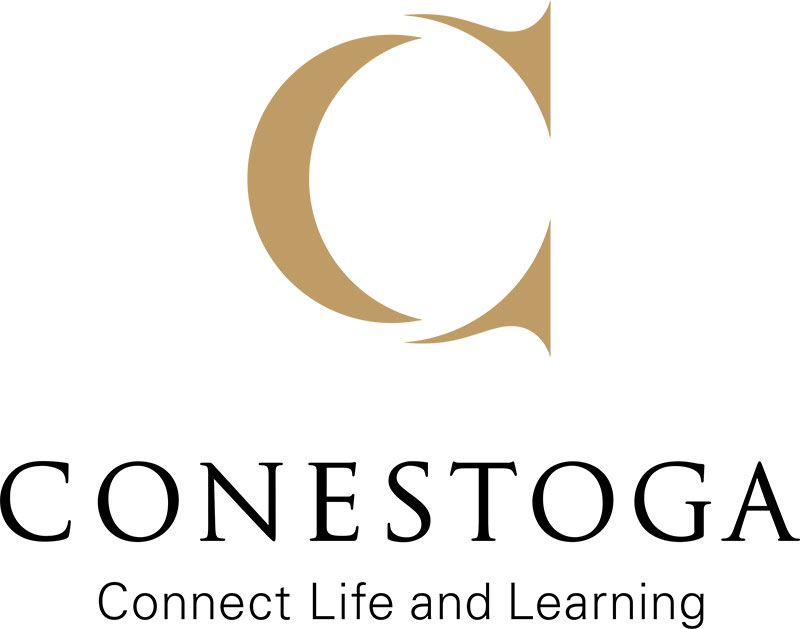Introducing all-day kindergarten was just a part of a massive transformation in early learning and child care in Ontario. From provincial governance to curriculum details to work relationships, everything is changing.
Researchers at Conestoga College in Waterloo are working with the Region of Waterloo Children’s Services Division to help make sense of those changes for stakeholders in the region — all the educators, planners and administrators who contribute to different aspects of care and education for very young children.
“They are being asked to embrace a pedagogy that is much more emergent, much more process-oriented,” said Goranka Vukelich, director of Ideas Connect, a Community and College Social Innovation Fund project, established by the Social Sciences and Humanities Research Council.
“Even the name of the new curriculum framework is a question, ‘How does learning happen?’” Vukelich observed. “They are being asked to embrace a pedagogy of possibilities.”
The focus of early learning, in other words, is shifting from what children learn to how they learn, with the understanding that laying down good processes of learning now will serve children throughout their school years and all through life. Content is just a vehicle to what’s really important, learning itself.
The change in philosophy is accompanied by other changes, too. A different ministry is responsible; accountability systems have changed, as has legislation and regulation for licensed child care providers. Instruction in all-day kindergarten is done by teams of early childhood educators and kindergarten teachers.
Conestoga College and the Region of Waterloo’s Children’s Services have worked together for more than five years, including creating the Early Childhood Education Professional Resource Centre on the Conestoga campus. Applying for the Social Innovation grant as a partnership allows students on work placements in community services to consult with experts at the college on issues related to the changing early childhood landscape. They get experience in planning and adapting to change, and Waterloo organizations get the benefit of research and guidance from the college.
“The students in the classroom are learning the latest research. They get to take that unique lens into the workplace, with the luxury to sit back and focus those ideas on real projects they can participate in,” Vukelich said.
The key to success, Vukelich believes, is their choice of project lead — a person who already knows the area and the issues, and could visit planning committees and identify problems for students and researchers to tackle before students went on the job. That informed head start will make all the difference, she said.
Three of Conestoga’s degree programs will be involved in the project: Bachelor of Early Learning and Program Development, Bachelor of Criminal and Community Justice and Bachelor of Applied Health Information Science. Projects they work on could be handbooks for meeting regulations, or computer programs for tracking professional development.
“This is a really interesting way of bringing new ideas and realities into the academic curriculum and having it extend into the community as we share research and ideas,” Vukelich said.


